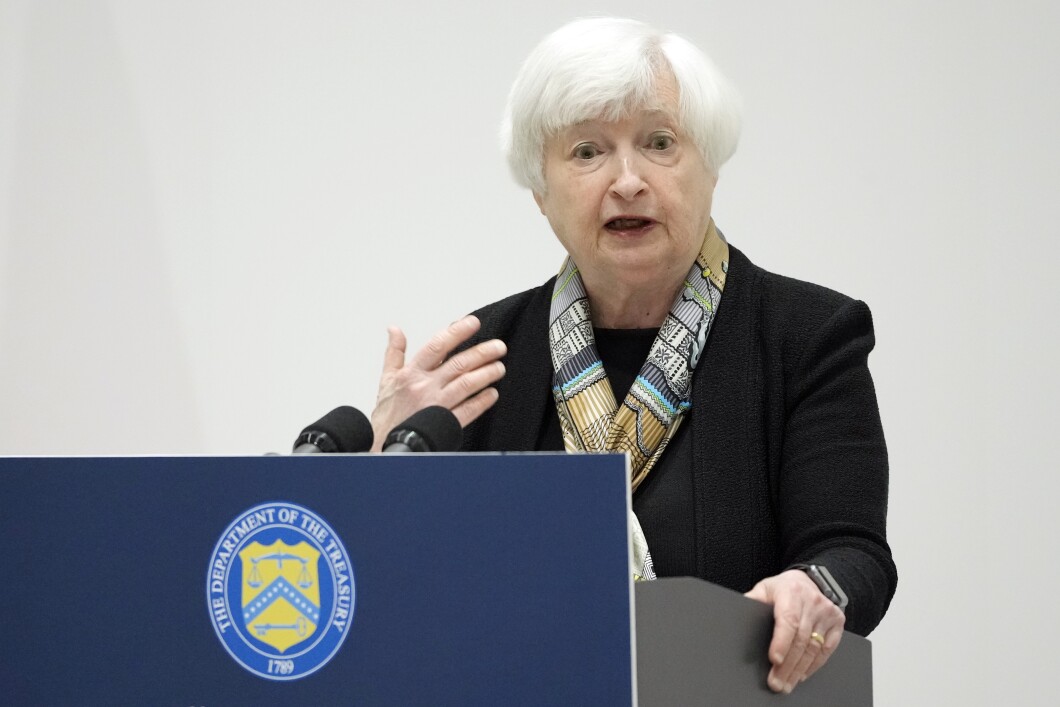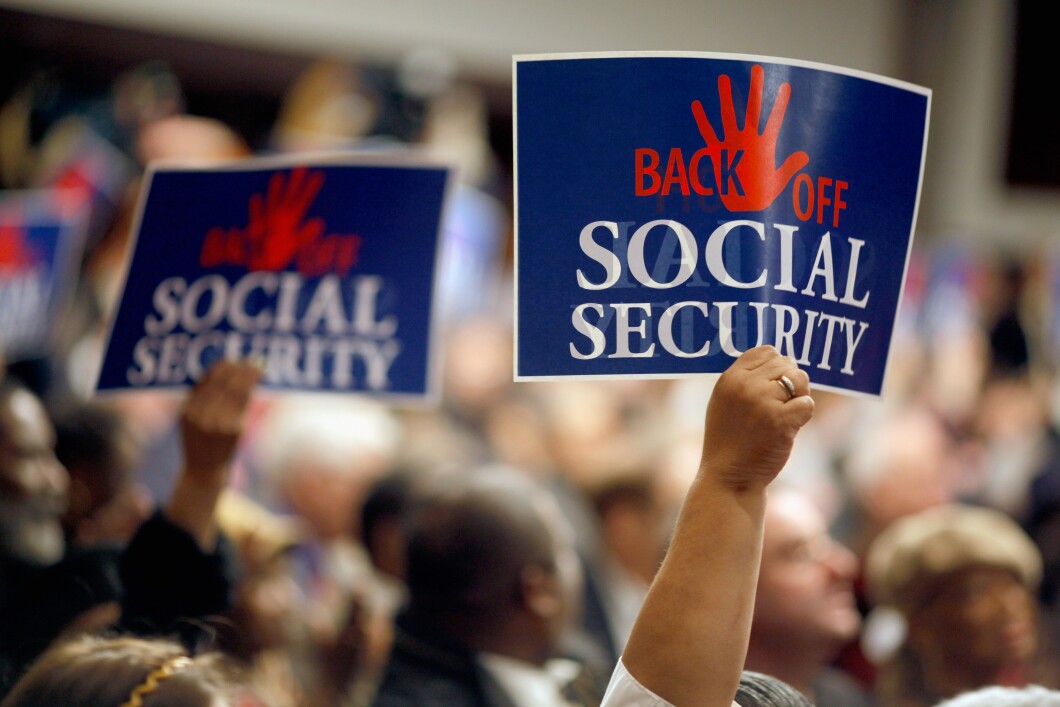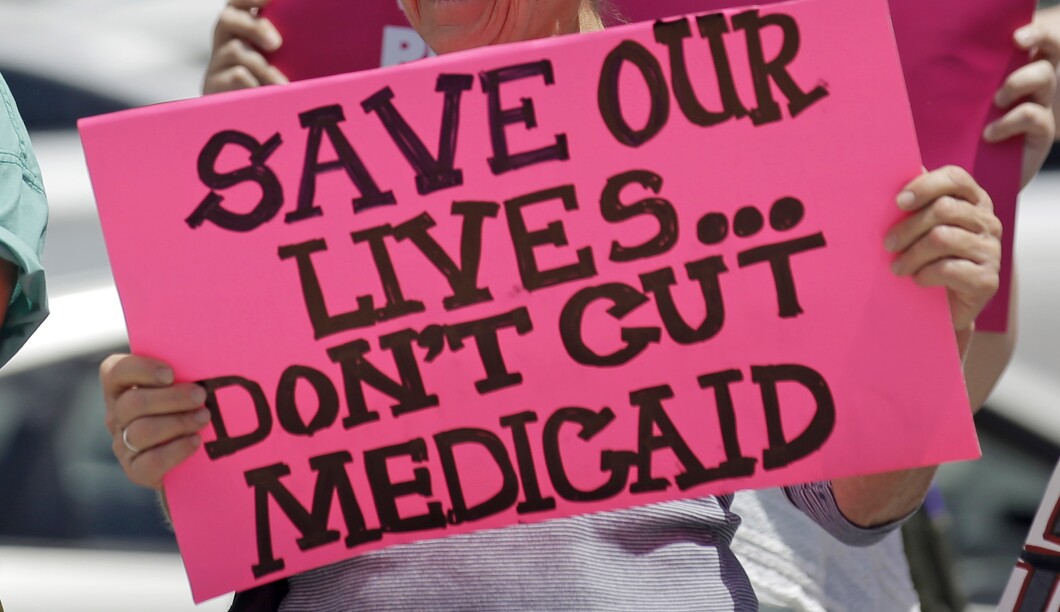
The United States could face an economic crisis in June if Congress fails to raise the debt ceiling before the deadline, which would affect many U.S. households and government programs.
The U.S. reached its debt limit in January and will need to raise the debt ceiling or come up with an alternative solution by June in order to avoid defaulting on its loans for the first time in U.S. history.
BIDEN TARGETS TAXES IN DEBT CEILING TALKS: ‘REVENUE IS NOT OFF THE TABLE’
It is not clear when the default would occur, but Treasury Secretary Janet Yellen put Congress on notice on Monday, reaffirming that it could occur as early as June 1.
“If Congress fails to increase the debt limit, it would cause severe hardship to American families, harm our global leadership position, and raise questions about our ability to defend our national security interests,” she wrote.

A default does not mean the federal money would never come, but that certain programs and benefits could be delayed. There is no blueprint for what exactly would happen in a default because the country has never experienced one.
If an agreement is unable to be reached in time, here is a look at what government programs could be affected:
1. Social Security payments
Approximately 66 million retirees, disabled workers, and other people rely on Social Security payments to fund portions of their lives.
Almost two-thirds of beneficiaries rely on Social Security for half of their income, and 40% of recipients rely on the payments for at least 90% of their income, according to the National Committee to Preserve Social Security and Medicare.

If the U.S. defaults on its loans, a portion of the checks could fail to roll out. However, a safeguard has been put in place that could help the Treasury send out payments through the program’s trust fund. But it’s not clear whether the amount would decrease or if the payments would be delayed.
“Even a short delay in the payment of Social Security benefits would be a burden for the millions of Americans who rely on their earned benefits to pay for out-of-pocket healthcare expenses, food, rent, and utilities,” Max Richtman, the national committee’s CEO, told CNN.
2. Veteran benefits
Another group that could be affected by the default is U.S. veterans and the $12 billion a month in benefit payments that are supposed to go out to them. Payments for those on disability, those who receive educational grants, healthcare for veterans and their families, and pensions could all be impacted by the looming crisis.
“There are people on very low, sometimes fixed incomes that rely on these payments as a lifeline to pay for housing, to pay for food, to pay for expenses for children and other family members,” Marine Corps veteran Cole Lyle told NPR. “So it could be potentially very crippling. There is no good that comes from a default, either to veterans, to active duty service members or other Americans that rely on benefits from the United States government.”
Active military members could additionally see a delay in receiving their pay if the U.S. defaults. Lyle also said it could cause U.S. residents who rely on the government to turn to credit cards instead, which are expected to increase their interest rates if the economy takes a hit.
3. Medicare/Medicaid
A default could cause serious problems for federal healthcare programs if the government does not have the funds to pay for them.

There are two major federal and state healthcare programs that could be impacted. Medicare is a federal program that consists of 65 million people in the U.S., which pays for healthcare for Americans age 65 and up and younger people with disabilities. Medicaid is a larger state and federal hybrid program that includes 93 million people nationwide. It helps provide insurance for low-income people, including children, disabled or pregnant people, and seniors.
People rely on both programs to cover costs associated with hospital stays, long-term medical treatments, and even prescription drug prices.
4. School lunches and other government programs and benefits
Another area that could take a hit due to a lack of federal funding is public schools, including their school lunch programs. Although the school year is largely wrapping up, schools could also lose out on billions of dollars for high-need students, special education services, and English-language instruction if the U.S. breaches the debt ceiling before July 1, according to the education publication Education Week.
Other programs that could be affected are housing assistance and SNAP food assistance.
5. Other possible effects of the default on U.S. households
Because the default takes so much out of the U.S. government, the country’s credit rating would likely see a decrease as well. This could upset the U.S. economy and cause interest rates to spike, which would make it harder for ordinary people to borrow money.
CLICK HERE TO READ MORE FROM THE WASHINGTON EXAMINER
It could also impact the job market and cause an uptick in unemployment. But the amount of damage would depend on how long the default lasts for.
If the default lasts for about a week, close to one million jobs would be lost, and the unemployment rate would jump to about 5%, according to Moody’s Analytics. However, if the default stretches into six weeks, the U.S. could reportedly see more than seven million jobs lost, and the unemployment rate could rise above 8%.





